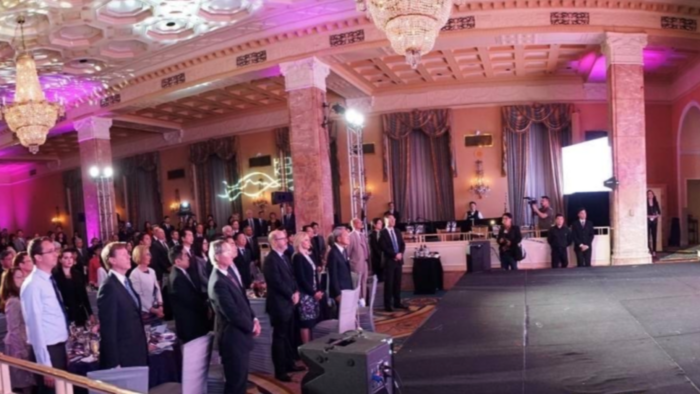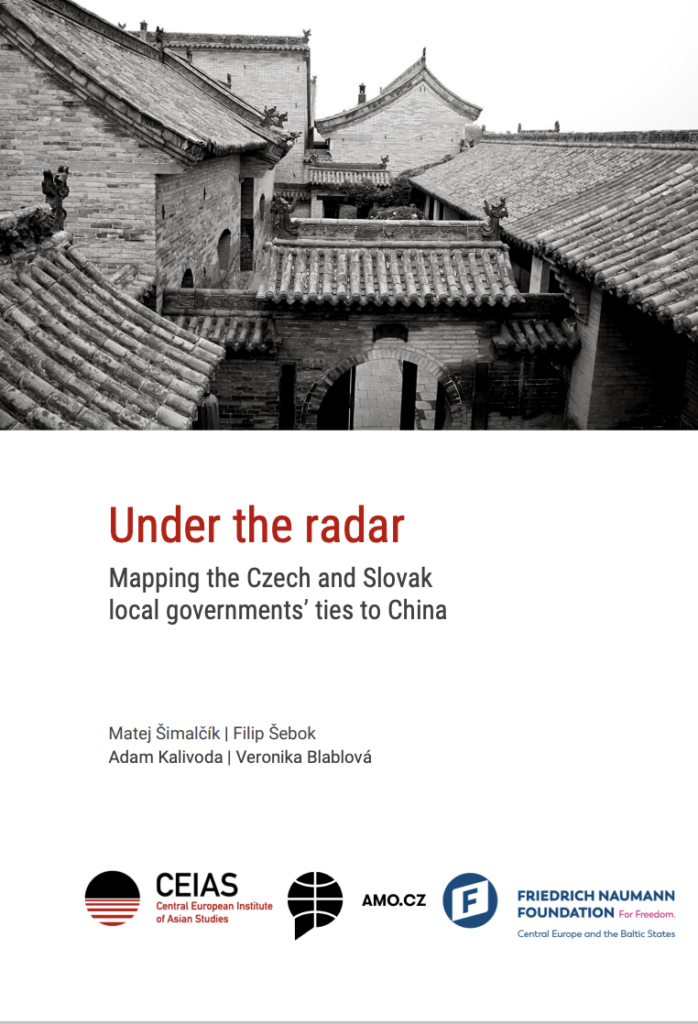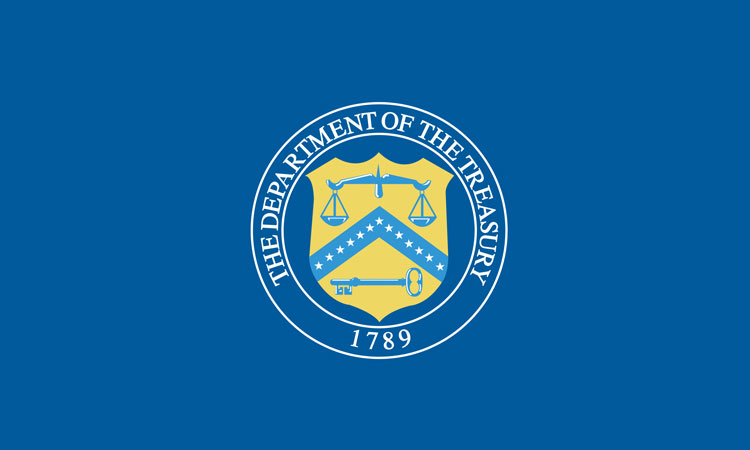US media reported last month that a Federal court had blocked an effort by the FCC, the US broadcast regulator, to expose Russian and Chinese influence operations. According to the Washington Post report, the court blocked a new regulation requiring broadcasters to investigate the identities of program sponsors:
July 14, 2022 An effort from the Federal Communications Commission to expose covert Chinese and Russian propaganda has been blocked by a federal appeals court. Last year, the FCC directed radio and television broadcasters to ask sponsors whether a foreign government was involved in the program and check the answer against a Justice Department database of foreign agents and the FCC’s online report on U. S.-based foreign media outlets. The National Association of Broadcasters and other trade groups sued, saying the new order was an inappropriate burden. The three judges — a Trump appointee, an Obama appointee and a George W. Bush appointee — all agreed in a Tuesday ruling that current law imposes on broadcasters “a duty of inquiry, not a duty of investigation,” and that the FCC could not expand that requirement. “Congress chose the means for broadcasters to obtain the information necessary to announce who paid for programming,” the panel of the U. S. Court of Appeals for the D. C. Circuit ruled. “The FCC cannot alter Congress’s choice.” The FCC and FTC are still hobbled by vacancies. It’s not the first time. Broadcast TV and radio stations must declare on air when programming has been paid for by a sponsor. But in determining the identities of those sponsors, current law requires broadcasters only to consult their own employees and the outside entities they deal with directly. The FCC said in court filings that system had proved inadequate, citing media reports about the Chinese and Russian governments using intermediaries to get on American airwaves. (Foreign governments are barred from directly owning U. S. broadcast licenses.)
Read the rest here.
Reuters had reported earlier on the FCC rationale for the new regulation:
The order increases transparency, ensuring audiences are aware when a foreign government, or its representatives, uses the airwaves to persuade the American public,” the FCC said in a statement. Jessica Rosenworcel, the agency’s acting chairwoman, said reports of foreign government-sponsored programming had multiplied in recent years.“We know that foreign entities are purchasing time on broadcast stations in markets across the country, including Chinese government-sponsored programming and Russian government-sponsored programming right here in our nation’s capital,” she said in a statement.









COMMENTS